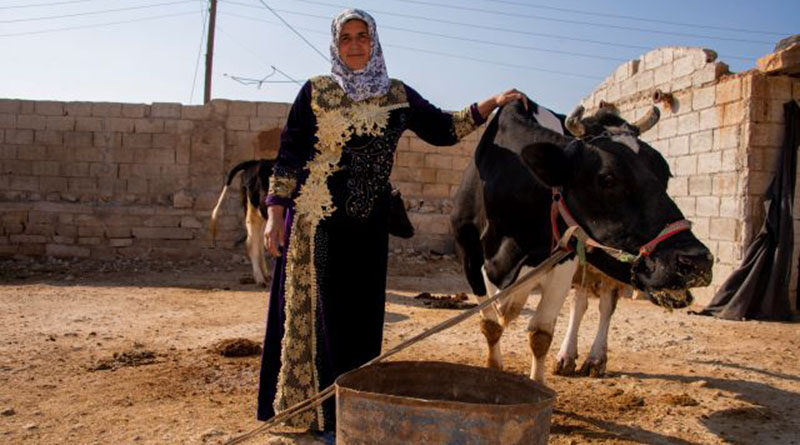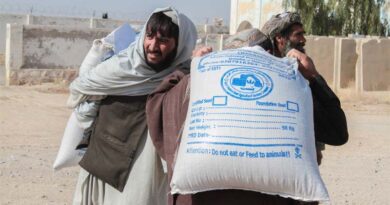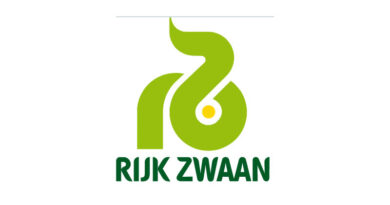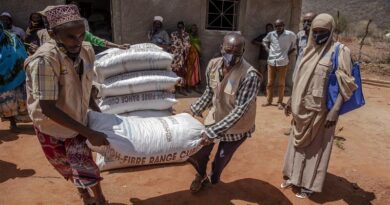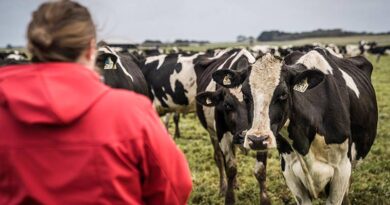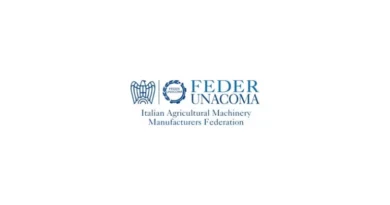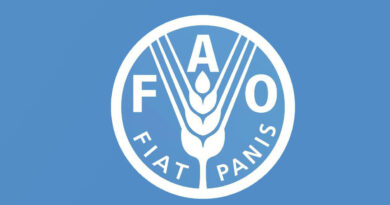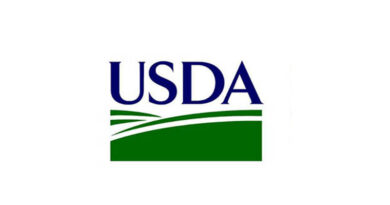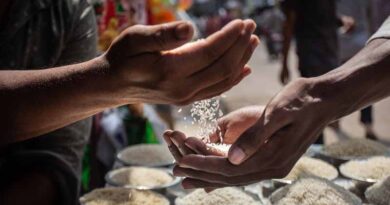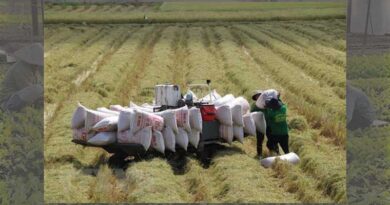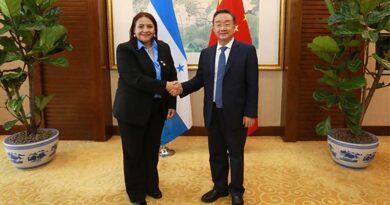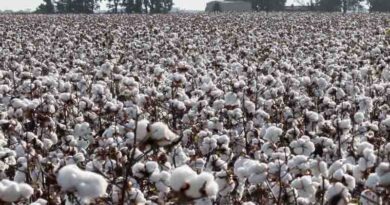FAO in Syria improves smallholder breeders’ livestock production
03 March 2021, USA: Livestock production is vital in the Syrian Arab Republic to sustain food availability. Livestock breeders – the vast majority of whom maintain a small number of animals – are constantly seeking ways to increase and protect their assets, increase milk and meat production, and generate a good income. Unfortunately, in this time of crisis, breeders have lacked access to fodder and veterinary services, which has impeded their ability to sustain a good livelihood.
FAO understands the many challenges that small-scale breeders face, and has responded by implementing an integrated intervention to boost breeders’ livelihoods. FAO Syria, within its Smallholder Support Programme, plans to reach a total of 6 000 small-scale cow breeders in Al Hassakeh, Aleppo and Deir Ez-Zor Governorates with an artificial insemination activity, with 1 500 breeders of whom will also receive silage, a type of fodder made from fermented yellow corn for enriched nutrition. This method of animal feeding is common in other countries, but has not been used widely in Syria to date. Combining artificial insemination activities with silage distributions will not only improve cows’ health, but will contribute to increasing calf birth rate and decreasing intervals between pregnancies, increasing milk production rates by 30 to 40 percent, and improving the quality of milk.
“We aim to enable smallholder breeders to be more productive, more efficient and able to make profit,” said Alfredo Impiglia, FAO Syria’s Chief Technical Advisor. “Once breeders, especially female breeders, own healthy cows and required small-scale equipment, they will be able to sustain their livelihoods and secure themselves with enough nutritious food,” he added.
Artificial insemination to enhance reproduction rates
Artificial Insemination will help breeders produce high genetic value calves, which will significantly contribute to improving livestock production in the targeted areas. As of February 2021, the Organization has reached more than 3 500 breeders. Overall, the FAO programme plans to inseminate 15 000 cows, benefiting 6 000 families in Al Hassakeh, Aleppo and Deir Ez-Zor Governorates. Importantly, 30 percent of the beneficiaries are female-headed households.
In September 2020, despite the many challenges related to the ongoing economic crisis in Syria and the COVID-19 pandemic, FAO was able to secure 30 000 imported semen straws of high genetic value for the insemination programme. As a result of the carefully planned breeding programme, breeders will build their livelihoods through improved pregnancy rates and increased milk production of the offspring.
Nutritious silage for better milk production
Silage is an improved fodder made of yellow corn and enriched with nutrients via a fermentation process. Silage boost cows’ health and increases their production, and through this programme 1 500 breeders received 1 000 kg of silage, enough to feed their cows for two months.
The breeders have already noticed positive results in less than two weeks, seeing improvements in their cows’ health and milk production. Each family is able to produce up to 15 kg of milk per day from one cow, a very good quantity compared to the previous milk production rate of 6 kg per day. In addition, feeding cows silage improves the quality milk produced, and it has a higher fat content. With this milk, women beneficiaries can produce more cheese and yogurt, which their families can enjoy and the surplus can be sold in the local market to earn an income with the value-added of processing the milk. The programme has also sparked the interest of neighbouring farmers in silage making, an additional benefit of the programme. Training is planned for later this year.
Also Read: AgroFresh Announces Launch of Plant-Based Coatings Under VitaFresh™ Botanicals Brand

